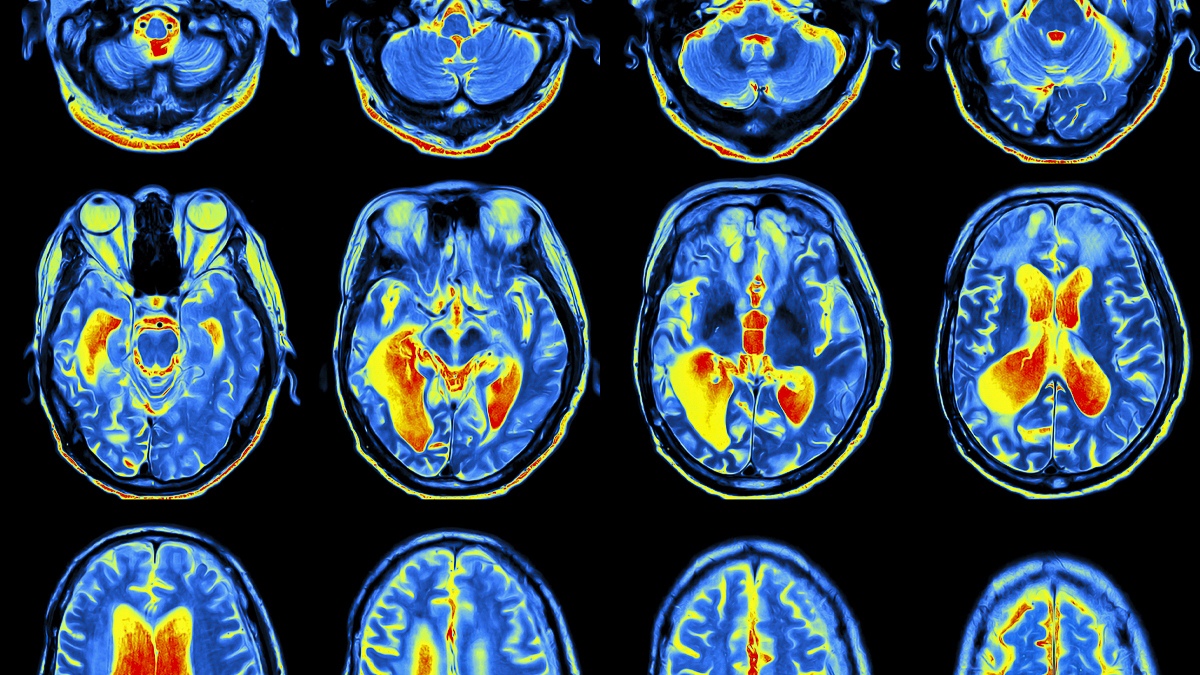Professor Rodney Jones focuses on how digital media are changing the way we communicate online by using language and other forms such as GIFs, memes and images.
When we go online, we are no longer just communicating with each other.
We are also communicating with algorithms - computer code which is gathering our information, processing it, feeding back advertisements, determining who is at the top of our Facebook feeds, and what movies or songs are recommended to us.
These algorithms also determine the results we get on Google.



